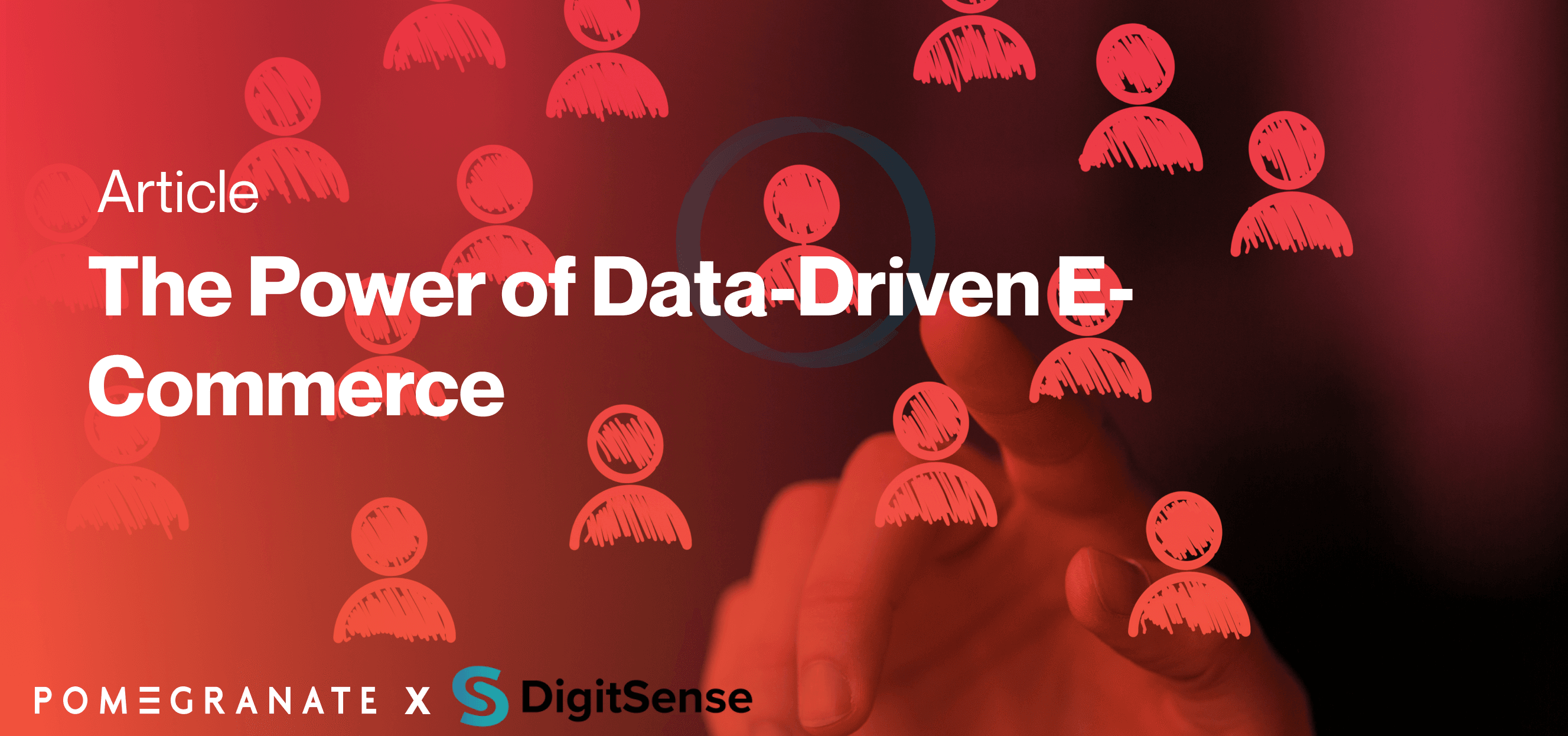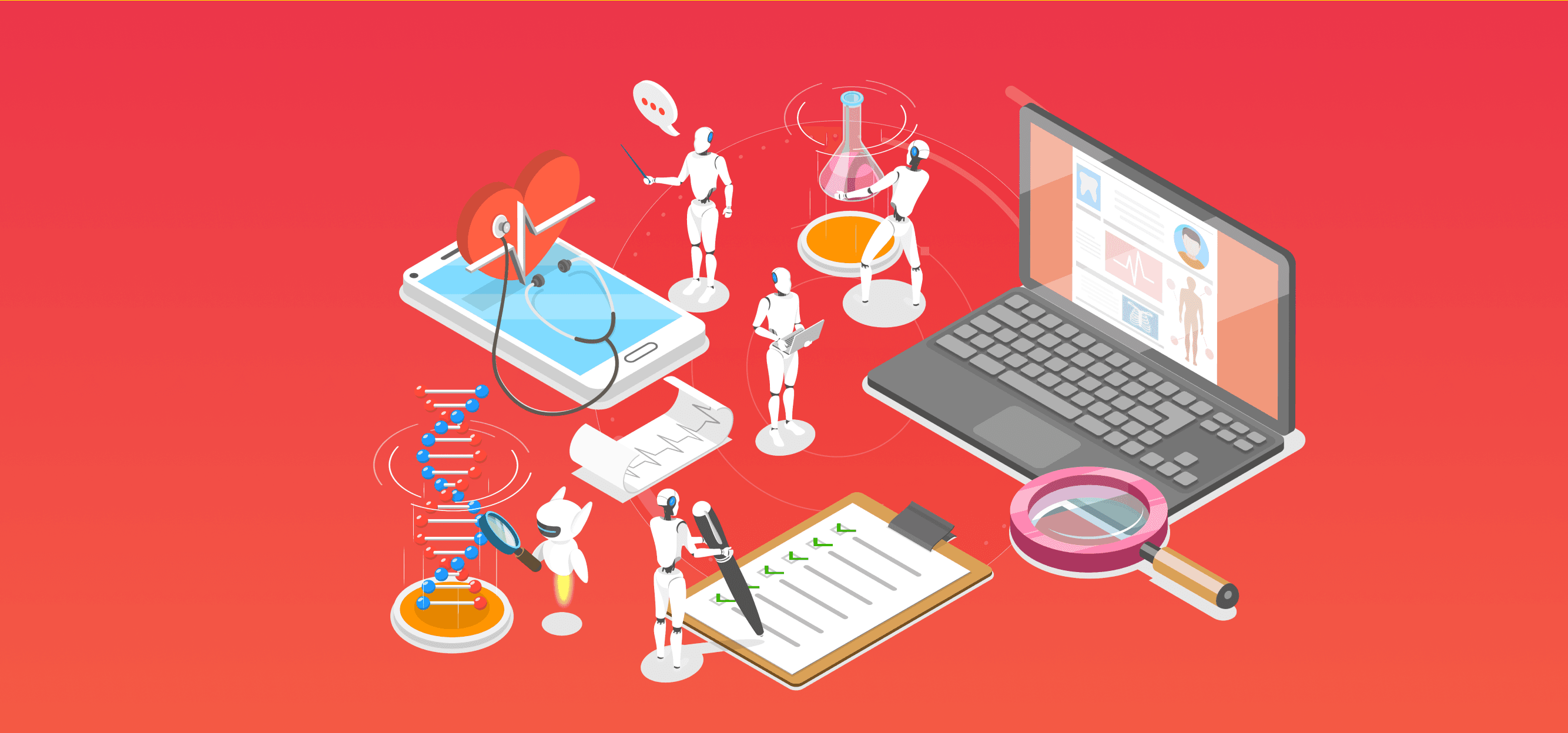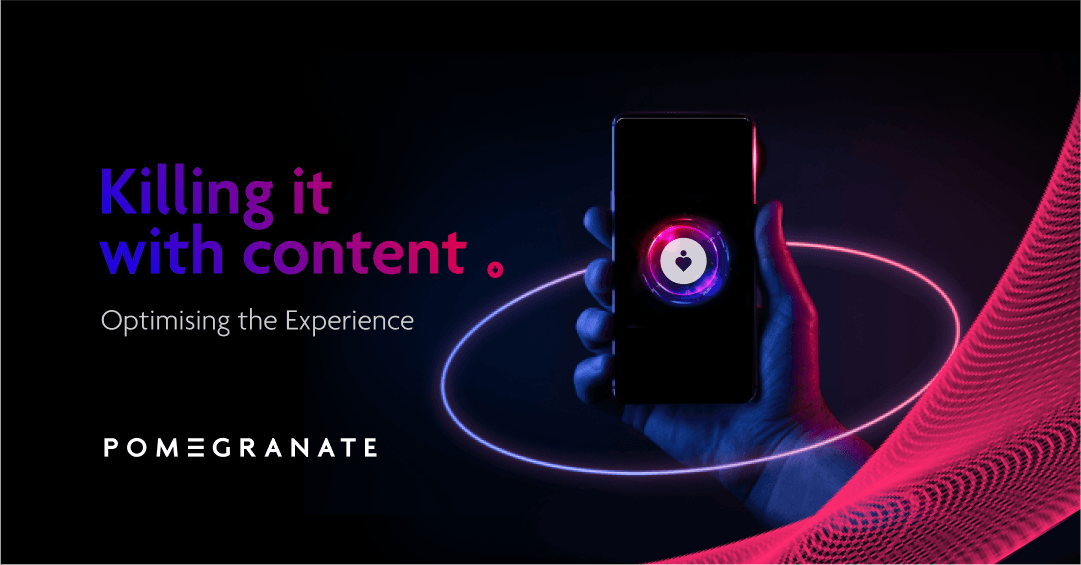In today's digital era, businesses face a crucial decision when selecting a content management system (CMS): traditional or headless. Choosing the right approach is vital, as it can significantly impact your business's performance, online visibility, and the number of visitors coming to your website.
In this article, we'll explore both traditional and headless CMSs and explain how headless is making waves in the digital space.
What is a CMS?
A CMS, or content management system, is a software platform that enables users to create, manage, and publish digital content, typically for websites. Traditional CMSs offer an all-in-one solution where the front-end and back-end of a website are tightly coupled.
Another option for CMSs is what is known as headless. Unlike traditional, headless separates the front-end and back-end. This allows content to be created and stored in the back-end database, which can later be delivered to any device or platform via APIs.
API’s
An API, or Application Programming Interface, is a set of protocols, standards, and tools that allow for communication between different software applications. In simpler terms, it's like a waiter who takes your order and communicates it to the kitchen and then brings your food back to you.
Headless reigns supreme
Headless CMSs offer several benefits over traditional CMSs, one such benefit being flexibility. By separating the back-end from the front-end, content can be easily applied to multiple platforms, such as mobile apps and smart devices, potentially saving time and resources in the long run. This is especially relevant when you take into account that as of March 2023, 58.43% of all website traffic came from people using mobile devices. So using a headless CMS from the start is highly recommended if omnichannel publishing is already part of your business or you plan to expand to it in the future.

Another benefit of using a headless CMS is the potential to improve website performance. By allowing content to be cached using a content delivery network (CDN), content can be delivered super quickly, resulting in a better user experience and improved search engine rankings.
Possibly the biggest benefit of, headless CMSs is the improved security. Although often overlooked, if your business collects customer data in any way, it must be kept secure. Headless allows for a reduced attack surface compared to traditional CMSs, as data such as user credentials are stored separately from the front-end code. Additionally, headless CMSs are often built with modern security practices in mind, and since they are typically cloud-based, updates and patches can be deployed quickly and easily, mitigating security vulnerabilities.
Is Traditional Right for You?
If you've read this far, you may be wondering whether traditional CMSs have any use cases over headless CMSs. Traditional CMSs often offer built-in SEO features, such as the ability to optimise metadata and URLs, making it easier for businesses to improve their search engine rankings. Additionally, pre-built themes and plugins are available, allowing for quick and easy website creation. However, these templates are often not very customizable, which could make it difficult to change features or functions in the future.
Making the Right Choice
While traditional CMSs can offer quick wins for smaller businesses, headless CMSs are worth considering for their greater flexibility, scalability, and security, helping businesses keep up with the ever-changing digital landscape. As technology advances, headless CMSs will become even more essential for businesses looking to stay ahead of the curve. This is why if you're considering creating or even updating your business's digital experience, it could be very beneficial to talk to our in-house developer about what is the best fit for your business.





